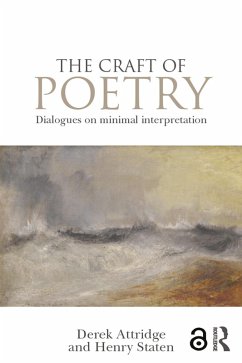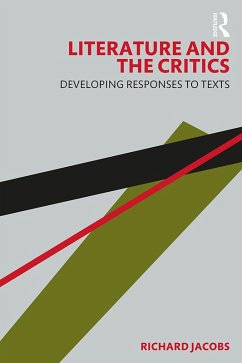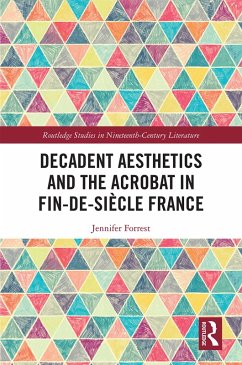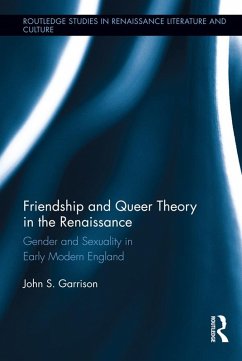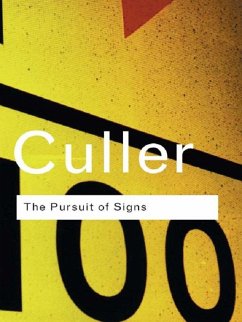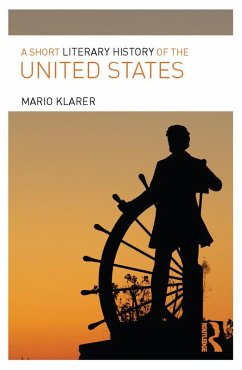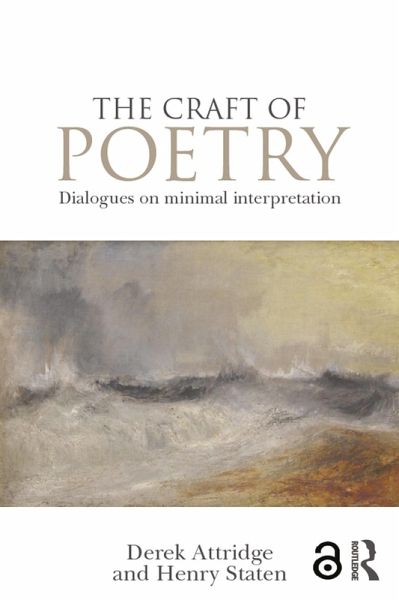
The Craft of Poetry (eBook, ePUB)
Dialogues on Minimal Interpretation

PAYBACK Punkte
0 °P sammeln!
This book presents an innovative format for poetry criticism that its authors call "dialogical poetics." This approach shows that readings of poems, which in academic literary criticism often look like a product of settled knowledge, are in reality a continual negotiation between readers. But Derek Attridge and Henry Staten agree to rein in their own interpretive ingenuity and "minimally interpret" poems - reading them with careful regard for what the poem can be shown to actually say, in detail and as a whole, from opening to closure. Based on a series of emails, the book explores a number of...
This book presents an innovative format for poetry criticism that its authors call "dialogical poetics." This approach shows that readings of poems, which in academic literary criticism often look like a product of settled knowledge, are in reality a continual negotiation between readers. But Derek Attridge and Henry Staten agree to rein in their own interpretive ingenuity and "minimally interpret" poems - reading them with careful regard for what the poem can be shown to actually say, in detail and as a whole, from opening to closure. Based on a series of emails, the book explores a number of topics in the reading of poetry, including historical and intellectual context, modernist difficulty, the role of criticism, and translation. This highly readable book will appeal to anyone who enjoys poetry, offering an inspiring resource for students whilst also mounting a challenge to some of the approaches to poetry currently widespread in the academy.
Dieser Download kann aus rechtlichen Gründen nur mit Rechnungsadresse in A, B, BG, CY, CZ, D, DK, EW, E, FIN, F, GR, HR, H, IRL, I, LT, L, LR, M, NL, PL, P, R, S, SLO, SK ausgeliefert werden.




